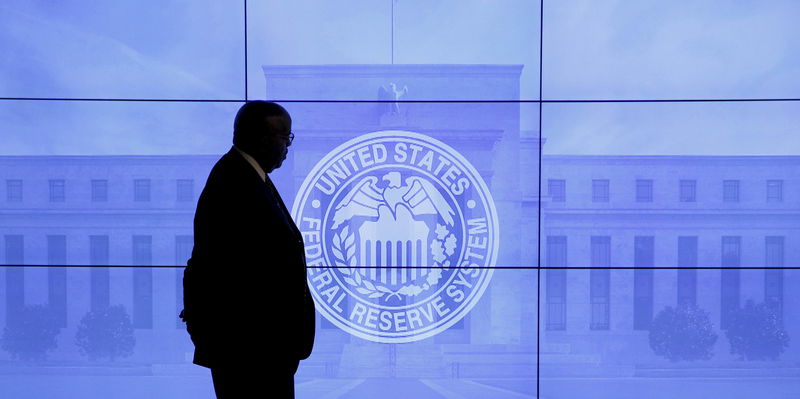Low bar for September Fed rate cut, jobs data now key


The Federal Open Market Committee (FOMC) delivered a largely expected message during its July meeting. While he did not give specific guidance, Chairman Jerome Powel signaled that the committee is moving closer to implementing a rate cut, with a potential reduction on the table for September, contingent on favorable inflation data.
According to Goldman Sachs economists, Powell’s comments “suggest the bar is not very high” for a September cut.
The Fed Chair described recent labor market changes, including the rise in the unemployment rate, as signs of normalization rather than significant weakening. He emphasized that the FOMC is closely monitoring the data and is well-prepared to act if necessary.
“We continue to expect that the July inflation data will be favorable (we forecast 21bp for core CPI and 19bp for core PCE) and think that even acceptable news would likely clinch a September cut,” Goldman economists commented.
After this, they anticipate the FOMC will adopt a pattern of cutting rates every other meeting, equating to a once-per-quarter pace.
Separately, Citi economists said the labor market data will be key in determining the Fed’s next steps.
Powell noted that while inflation is running “somewhat” above target, the upside risks have diminished, and downside risks to the labor market are building.
He referred to the Sahm rule—where a 0.5 percentage point rise in the three-month moving average unemployment rate has historically indicated a downturn—as a “statistical regularity” rather than an “economic rule.”
He also highlighted the unemployment rate as a useful summary statistic, meaning that markets will continue to be sensitive to that indicator.
Citi pointed out two minor adjustments in FOMC’s statement to reflect rising unemployment and slowing inflation. The FOMC stated that the unemployment rate “has moved up but remains low,” while progress toward 2% inflation was described as “some further progress.”
The most significant update was the Committee’s attention to “risks on both sides of its dual mandate.”
“This formalizes in the Committee statement that risks to the employment and price stability mandates have come into balance – something Chair Powell has stated multiple times,” Citi economists said.
They continue to expect that the Fed will impose a rate cut in September and at each subsequent meeting, aiming for a terminal rate of 3.25-3.50% by 2025. Citi also notes that a further decline in front-end Treasury yields signals that the market is now close to pricing in the three 25 basis point rate reductions they project for the rest of the year.





